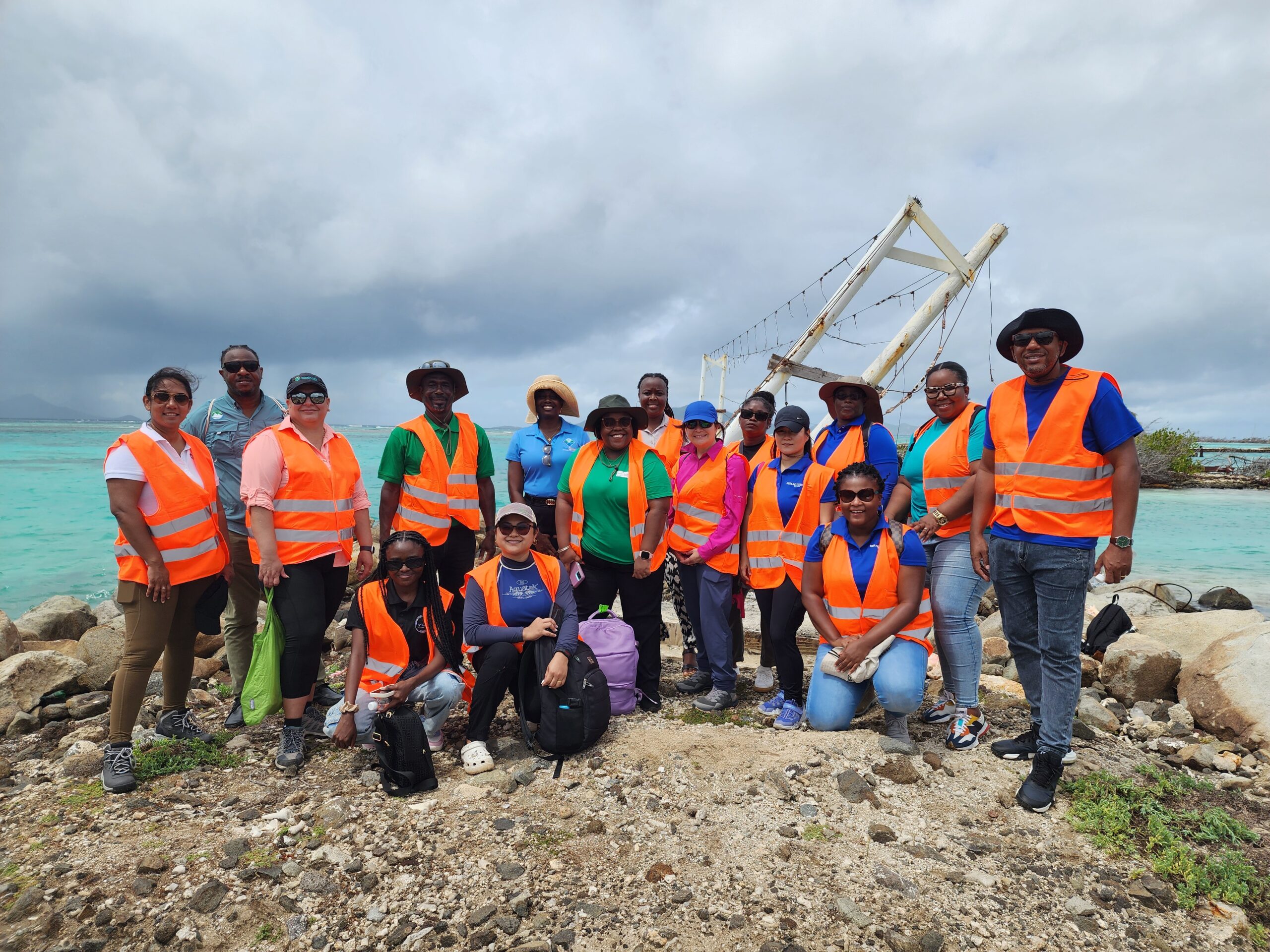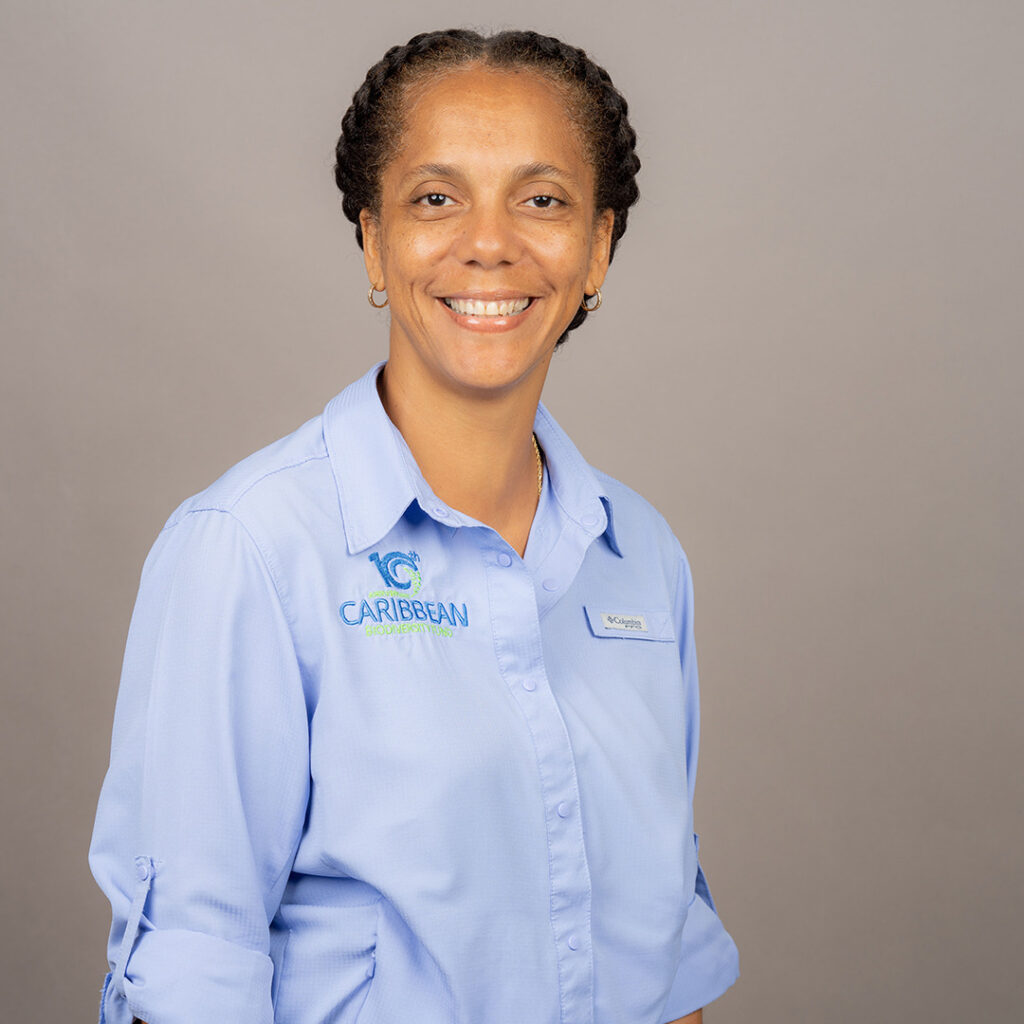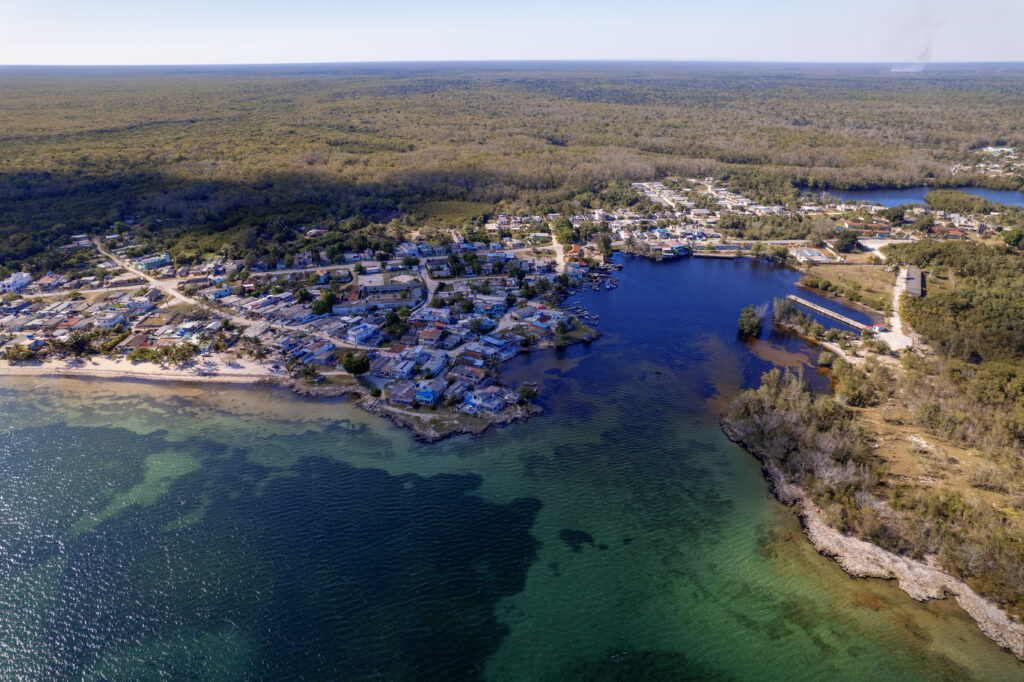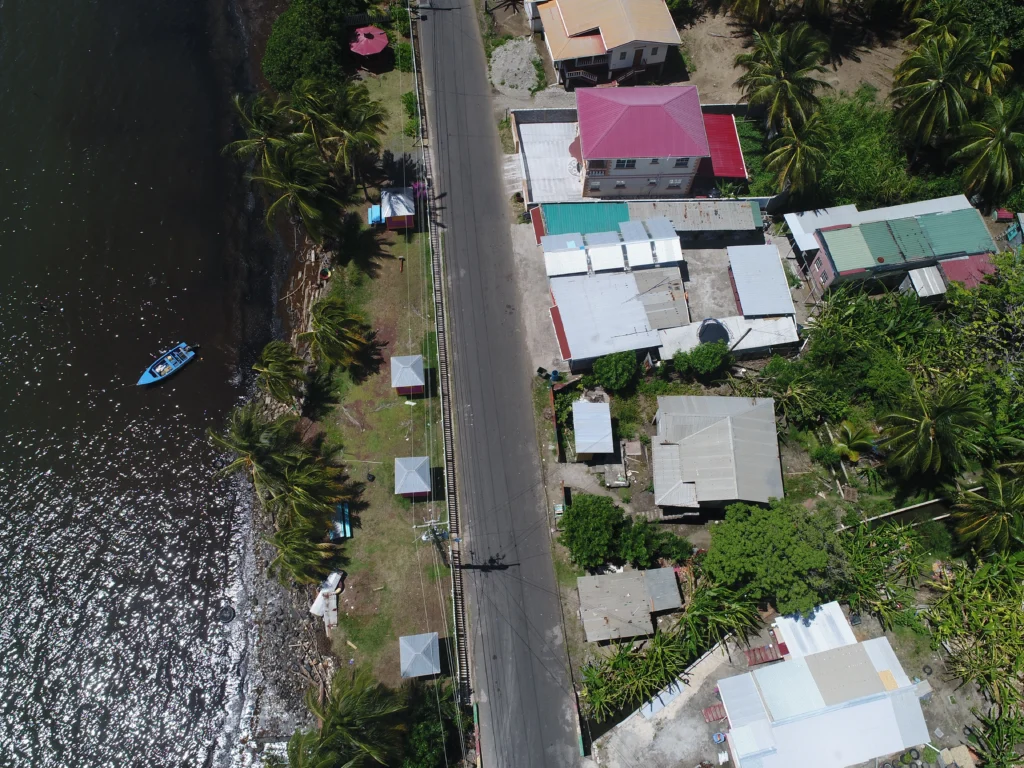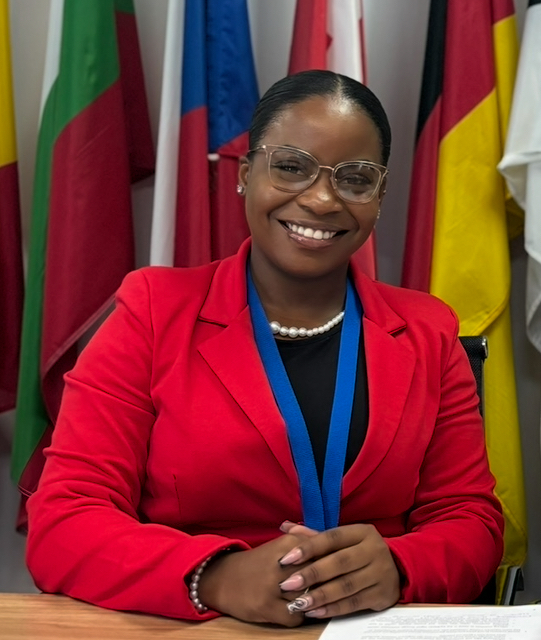In June 2025, the Caribbean Biodiversity Fund (CBF) and National Conservation Trust Funds (NCTF) staff gathered in St. Vincent & the Grenadines for a workshop on Environmental and Social Management Systems (ESMS). Hosted by the CBF through the Caribbean Regional Architecture for Biodiversity (CRAB) Project, the three-day event focused on building the capacity of NCTFs and local partners to manage environmental and social risks across projects more effectively.
Empowering Local Actors through Safeguards
At the heart of the training was a deep dive into the ten Environmental and Social Safeguards (ESS) adapted from internationally recognized standards. These safeguards help manage risks, protect communities and ecosystems, and promote equity and accountability throughout a project’s lifecycle. Topics spanned labor conditions, pollution prevention, biodiversity conservation and stakeholder engagement.
Participants addressed real-life challenges faced by conservation projects in small island states. What happens when only a handful of contractors are available? How do you ensure safety in extreme environments? And how can communities be meaningfully involved without overwhelming them with paperwork? Practical solutions included simplified screening checklists, adaptive management plans, and locally appropriate protective equipment.
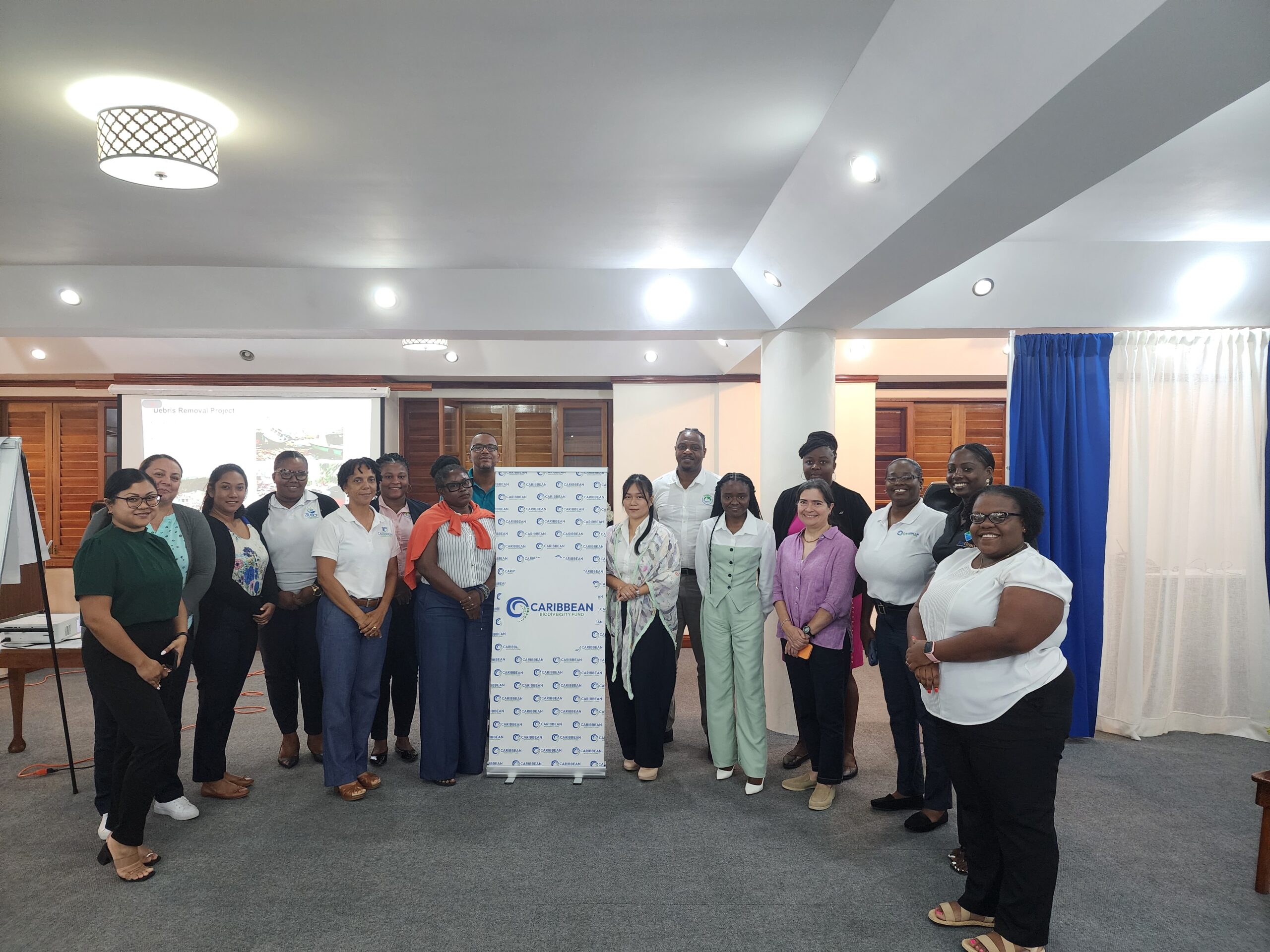
People-Centered Approaches and Lasting Impact
The workshop also explored the role of accessible grievance mechanisms in building community trust. Suggestions included using familiar tools such as WhatsApp or radio announcements to allow communities to raise and resolve concerns in real time. Gender inclusion and engagement with Indigenous communities were emphasized as cross-cutting priorities, with a focus on creating safe, respectful, and equitable project spaces.
One standout takeaway was: capacity building of all partners is essential. Whether it’s through targeted training, hiring ESS specialists to work with local stakeholders, or developing simple guidance materials, effective safeguards rely on both project implementers and the communities they serve. This underscores how experiential learning strengthens understanding and makes capacity building a meaningful investment in long-term change. As one participant reflected,
“The field trips were a brilliant approach to real-life application of ESMS and really reinforced what would have been taught in the classroom setting. Without the field trips, I would have forgotten the standards to be honest.”
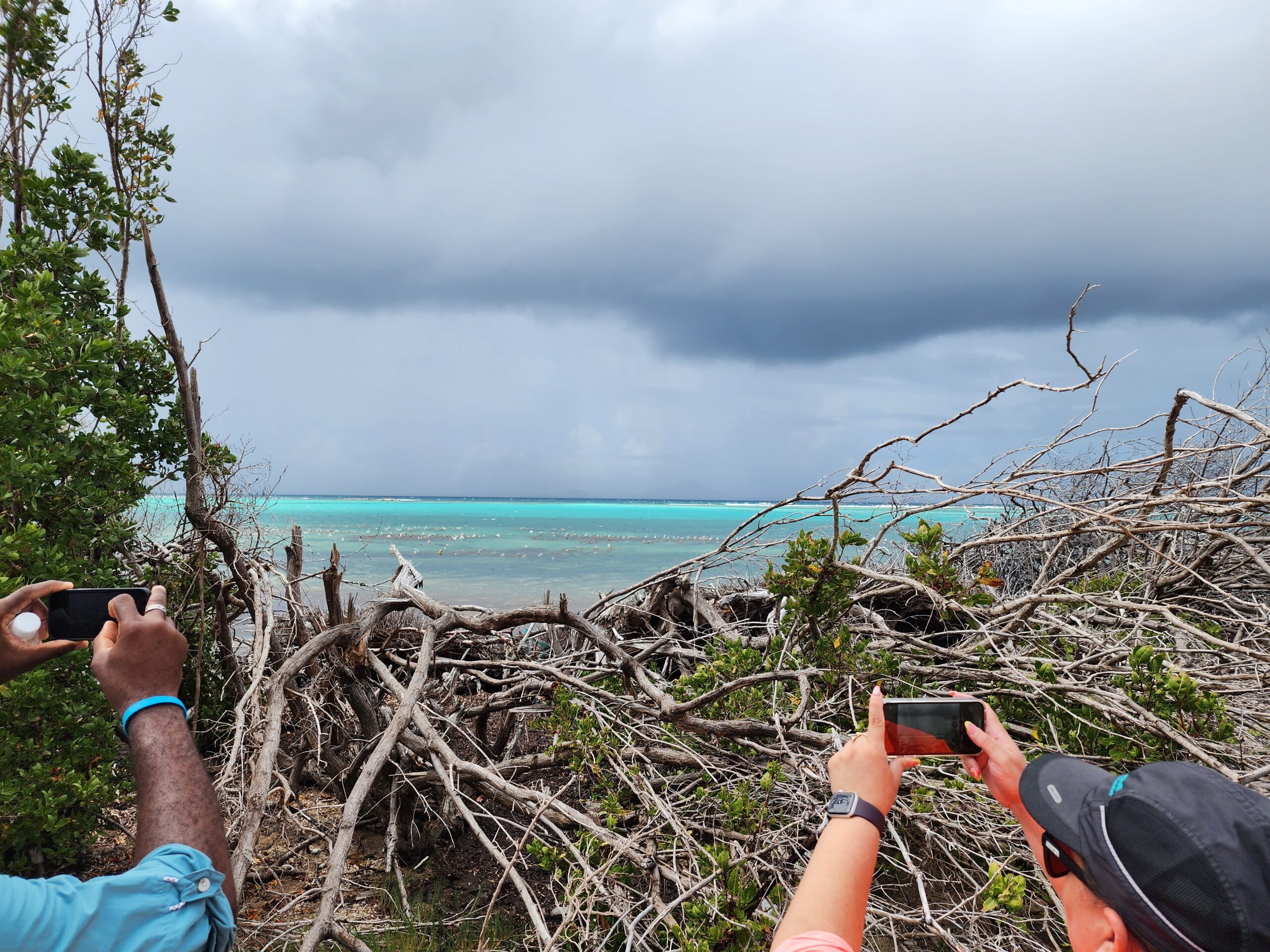
Field Visits: Restoration, Resilience, and Recovery
During a field visit to Union Island, staff from the CBF and the NCTFs were joined by the Vice Chair of the St. Vincent and the Grenadines Conservation Fund (SVGCF) and hosted by Sustainable Grenadines Inc. (SusGREN). The visit focused on the urgent work to restore the mangroves of Ashton Lagoon, which were severely damaged by Hurricane Beryl in July 2024. The team witnessed the resilience of the local community as they began the challenging task of rebuilding and ecological restoration.
This restoration will be funded by the CBF’s Hurricane Relief funds through the Endowment and CRAB Project funded by Agence Française de Développement (AFD) and Le Fonds Français pour l’Environnement Mondial (FFEM). On mainland St. Vincent, the group also visited Dark View Falls National Park, an iconic site that was rehabilitated with CBF funding following the La Soufrière volcanic eruption in December 2020.
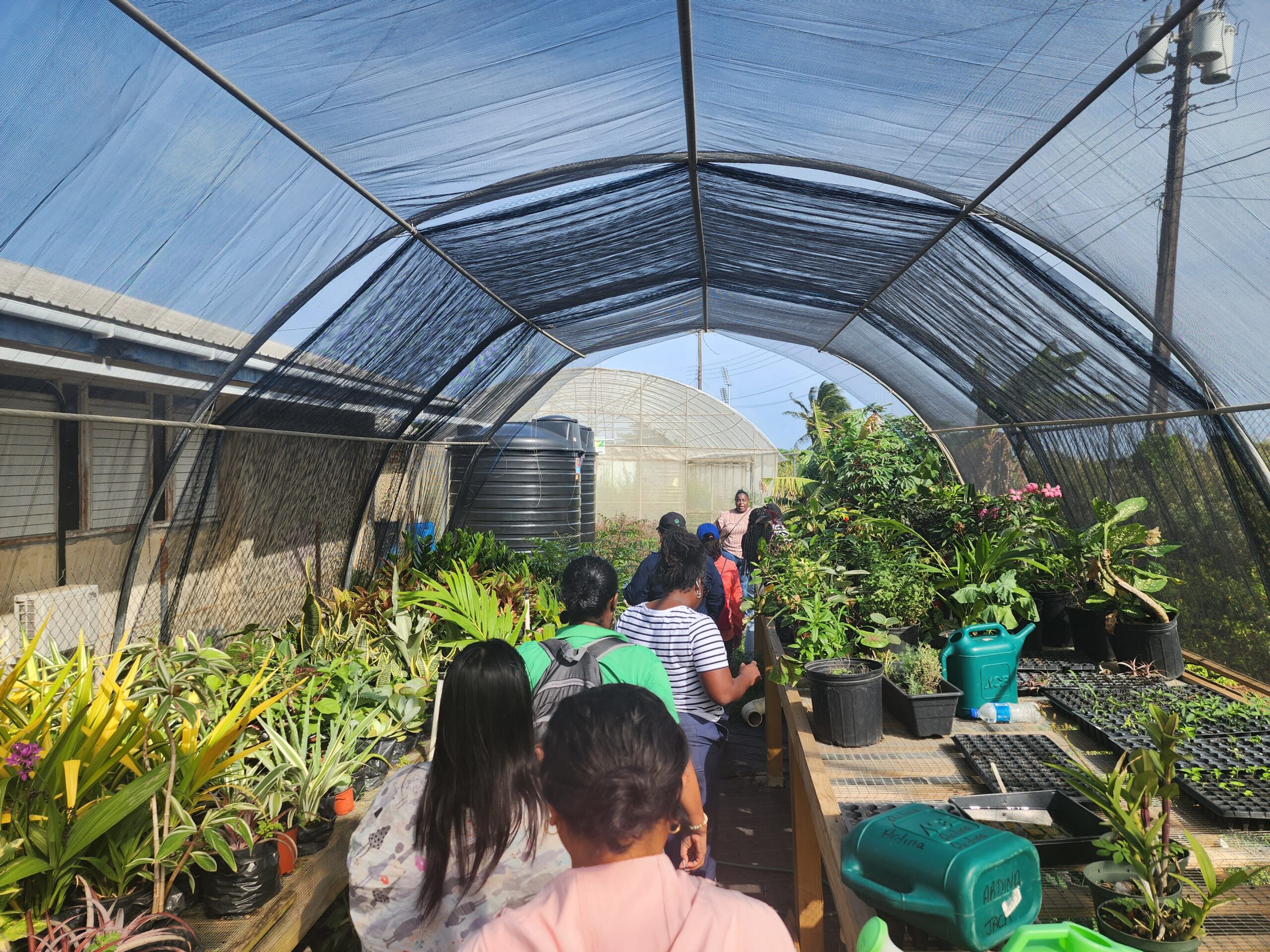
Hands-On Learning with Local Institutions
The CBF extends special thanks to the St. Vincent and the Grenadines Community College (SVGCC), especially Programme Coordinator Ms. Michker N. Edwards-Porter and Lecturer Ms. Glynis Hay, for leading a tour of a new SVGCF-funded water harvesting initiative. The project, supported by CBF, will: ensure water supply for agriculture during the dry season, implement a digital training system for sustainable water management and provide training to students and women farmers.
A Safeguard System for the Future
Ultimately, the workshop reinforced that environmental safeguards are not just a matter of compliance—they are essential to protecting people, preserving ecosystems, and unlocking sustainable possibilities. As the Caribbean advances its efforts in nature-based solutions and climate resilience, strong safeguards and shared lessons will be key to achieving long-lasting, inclusive impact.

